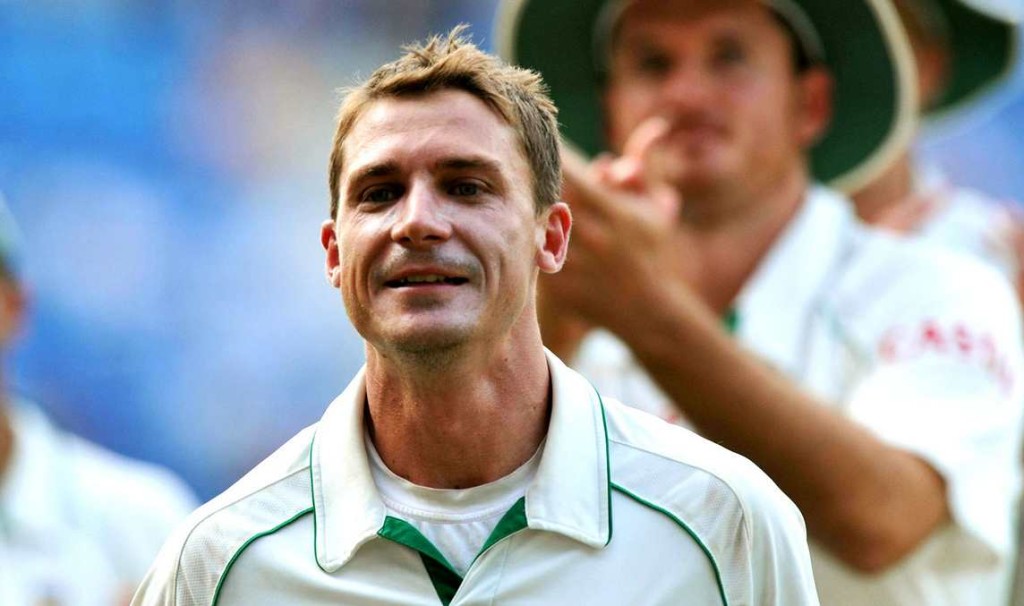Dale Steyn’s standing as one of the game’s greatest fast bowlers is indisputable. Yet his greatness extends beyond that and was rooted in his ability to retain an identity that wasn’t corrupted by what he did professionally, writes RYAN VREDE.
I’ve interviewed Steyn a few times over the course of my career with SA Cricket magazine. I always looked forward to it because he was an engaging and incredibly interesting subject, especially when we spoke about everything but cricket.
I was intrigued by his love for skate boarding, which he spent hours doing daily during a childhood in Phalaborwa. He said it gave him his spirit for adventure and counter-culture sensibilities. The latter is important because it informed his technical approach to fast bowling, which rejected orthodoxy in favour of a method that prioritised generating maximum speed and swing, using only foundational convention.
Surfing was a natural progression from skate boarding. He spoke of the freedom he felt on the open water and how important that was to his mental wellbeing. It made him a better man, he explained, and a better cricketer was merely a byproduct of being a better man.
It is not that Steyn didn’t love the game. Indeed his career achievements are a testament to a man deeply in love with it. You don’t take 439 Test wickets without having a love affair with the game. You don’t subject your body to the punishment achieving a feat like that demands in the absence of this emotional state.
Steyn loved the game, but it never defined him.
This is significant because over the course of a 15-year sports writing career, I’ve only met a handful of elite athletes who were able to separate who they are, from what they do.
This is not an accusation, merely an observation. Indeed, all-consuming obsessiveness with your craft is an essential ingredient in rising to to a sport’s stratosphere.
To not have it in this excessive measures is, in my experience, almost always a recipe for a good, but not great career.
The greats across a myriad sports had/have it to the nth degree. Micheal Jordan, Michael Schumacher, Pete Sampras, Tom Brady, Cristiano Ronaldo, Lionel Messi, Sachin Tendulkar, Jacques Kallis, all these athletes were/are famously consumed by their craft.
Even their free time was/is spent trying to gain the fractional edge that puts them in the position to not only win, but dominate their sport.
Only a handful of athletes achieve this level of success without this obsessive nature. Steyn is one of them. This makes him incredibly special.
I love that his social media feeds contain significantly more surfing and fishing pictures than they do ones of him playing cricket. It tells me about his sense of self-awareness. It speaks to high levels of emotional intelligence. It tells me that he can’t be defined by the result of a match because cricket is what he does, not who he is.
Yet, his career achievements tell me that when he arrived for training, or stepped over a boundary line, a switched flicked on, sending him into a state in which he was completely and utterly immersed in wringing out every ounce of his potential, and consumed with doing whatever it took to win.
At his best, Steyn was an irrepressible force with the ball. There was a period in his career, particularly in Test cricket, when his gift soared so high that no batsmen in the game had his measure with any notable consistency, and almost no Proteas team total was too low to not at least allow yourself to wonder if Steyn could salvage the situation.
This generation’s penchant for attributing greatness to average athletes has diluted the appreciation for those who are truly great. Steyn was truly great, and shared the aura of the true greats insomuch as if, in his prime, he was in the team, you had a chance of winning. He was a match-defining force, and those are exceptionally rare in elite-level sport.
In addition to that, he was the exposed heart of the Proteas which seldom beat at anything below levels that flirted with cardiac arrest. He also made everyone around him better by demanding a level of excellence, through his unrelenting pursuit of excellence.
I’m glad he was ours.
In the days after being the reason his team won, Steyn would be back to doing other things that made him happy. More significantly, in the days after a defeat, Steyn would be back to doing other things that made him happy.
In his iconic poem, “If”, Rudyard Kipling writes:
If you can dream – and not make dreams your master,
If you can think – and not make thoughts your aim;
If you can meet with Triumph and Disaster
And treat those two impostors just the same.
This embodies what I loved most about Steyn, and what I think amplifies a legacy built on wickets.







